I have a solution that uses the standard TFS build definition template. Unit tests are run when building the solution, but don't fail the build.
I also have a separate testing application that runs a suite of automated tests. These tests take too long to be run as part of the main build (since we need access to the built application in order to do manual testing), but I want to kick off this testing application automatically once a build has completed, and I want it to run against the built application. I don't know if it matters, but the testing application is also part of the solution, and references some of the application DLLs.
I am utterly confused as to how best to achieve this. Do I need to create a new build process template? Do I actually want to have this in a separate build?
